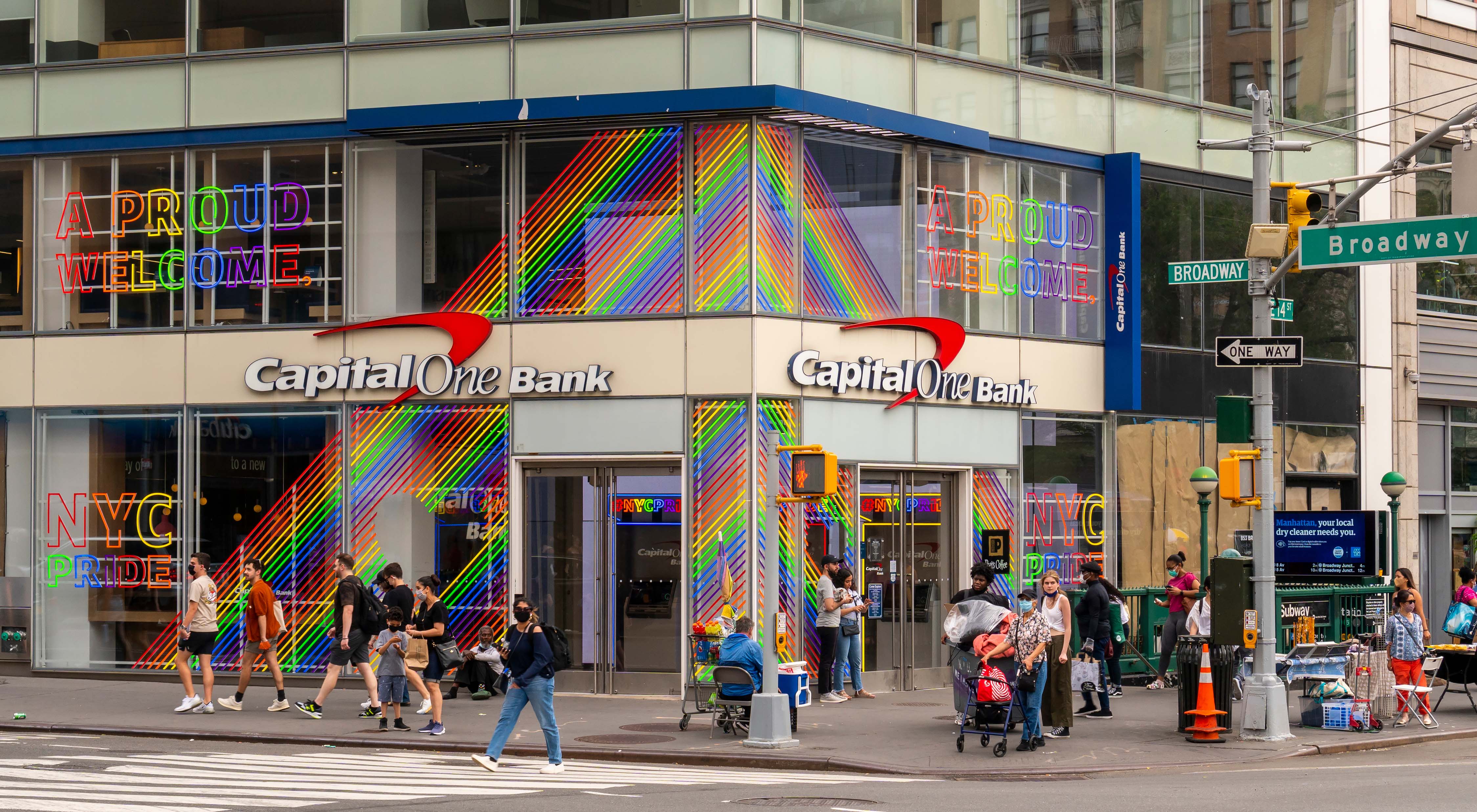Indigenous Peoples are no strangers to cultural appropriation, or the exploitative and profit-driven aspirations often associated with these long-standing and colonial endeavors. Non-Indigenous individuals and businesses far and wide lean in, placing dreamcatchers and sage on their shelves while at the same time speaking of their chosen spirit animals and defending their Indian mascots, having no critical thought or awareness of the harm inflicted upon the Indigenous community by their actions of appropriation.
Addressing these matters often results in the declaration that these acts of cultural appropriation are merely demonstrations of “respect” and solidarity, and that those within the Indigenous community who are negatively impacted by these actions should actually be grateful for the non-Indigenous interest in and exhibition of their cultures. Yet we know better: Cultural appropriation is violent, extractive and profit-driven, seeking to maintain systems of colonialism and white supremacy while silencing and maintaining the invisibility of Indigenous people, our cultures and experiences.
Commodification of the rainbow flag and Queer culture does little to nothing to benefit those within the 2SLGBTQ+ community itself, nor does it address the violence continually directed towards these relatives.
As June rolls around every year and Pride month ensues, our 2SLGBT+ relatives face a similar reality with yet another intersection of appropriation: profit-driven “allyship” and erasure with the appropriation of the rainbow flag, as corporations and small businesses alike, under the guise of solidarity, paint the landscape rainbow– from products to dedicated store sections, altered logo colors, advertisements and social media campaigns, rainbow capitalism, otherwise known as pink capitalism and/or pink washing, takes center stage.

As is the case with the appropriation of Indigenous cultures, this commodification of the rainbow flag and Queer culture does little to nothing to benefit those within the 2SLGBTQ+ community itself, nor does it address the violence continually directed towards these relatives. More often than not, these corporations completely fail to shed light on the origins of Pride as an act of resistance, led by Black and Brown Queers, whose efforts were centered on liberation. Meanwhile, these same corporations profit off of the Queer struggle.
In their OpEd, “How Rainbow Capitalism Harms the Origins of What Pride is About,” non-binary abolitionist and organizer, Da’Shaun Harrison, further expands on the origins of Pride as, “intended to disrupt cisheteronormativity.” Harrison says, “It is a response to police violence and an intentional act of rebellion. Yet every year in June, major corporations paint their products in rainbow colors while Pride event coordinators book celebrity entertainers and invite politicians to partake in the festivities. Around the world, cities paint their towns with the colors of the rainbow to celebrate the occasion, often ignoring the ancestors who set the stage.”
Despite the liberative tenants of Pride, born out of pivitol events such as the 1969 QTBIPOC-led Stonewall uprisings, many in the Queer community continue to embrace the rainbow as a beacon of opportunity, affording a sense of safety, visibility and inclusivity within a society that has been slow to foster such an environment.
Showing up for yourself and your community is enough.
Still others, such as NDN Collective’s Social Media Manager, Steph Viera, recalls their first steps into the Pride scene and the pressure to adorn rainbow as a means of declaring their Queer and non-binary visibility. “In June of 2018, I attended my first Pride event. I was both excited and nervous to attend, as the West Hollywood area of Los Angeles is absolutely Queer, but above all, white,” Viera shared.
“At that time, I was still questioning coming out and not yet exploring the fluidity of my gender identity. Above all, I wanted to appear Queer enough to be celebrating myself and my friends that June. My first instinct was to adopt the rainbow into my Pride attire, although it was way outside of my normal all-black and very casual ensembles,” said Viera. “Admittedly it was out of character for me, but the pressures of the ever-present Pride clothing ads in June dawned on me and pushed me to give in.”
“Looking back, there was absolutely nothing wrong with pulling up in the old pair of comfy jeans with a rainbow heart to signify my queerness,” said Viera. “There would’ve been nothing wrong with my standard clothing, either. Showing up for yourself and your community is enough.”

In recognizing the growing commodification of the rainbow, it’s worth pausing and reflecting on how, in the absence of a rainbow, we as 2SLGBT+ community members can feel free to exist and reclaim this time of celebration, reminding those hell-bent on enmeshing our existence with the ills of capitalism that we won’t be commodified or erased. And that the safety attached to this symbolism that so many of us in the Queer community feel we have no choice but to embrace, is in actuality, a societal failure in helping us to feel safe, wherever we are, as we are.
As Viera poignantly shared, “Showing up for yourself and your community is enough.” And it is. It absolutely is.
It is this ever-lasting struggle that embodies the true symbolism behind Pride– Pride in which our Black and Brown Queer ancestors imagined, struggled and died for. This is the torch we now carry: The freedom to simply be. To come as we are. Rainbow, or not.